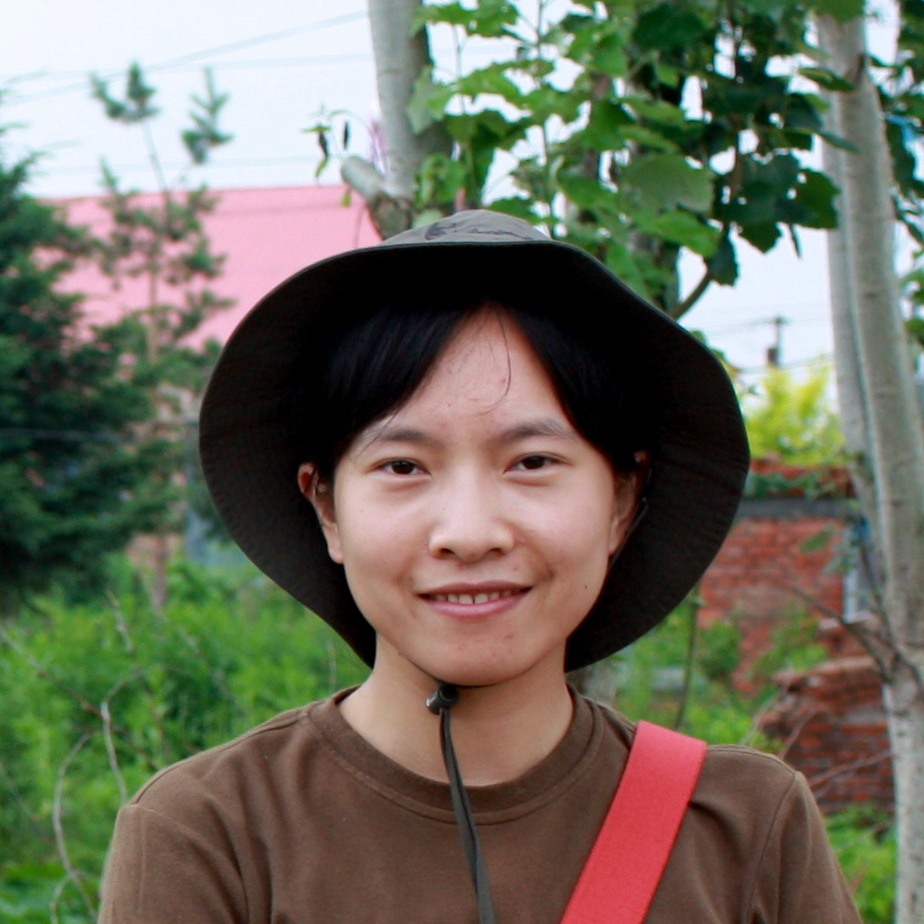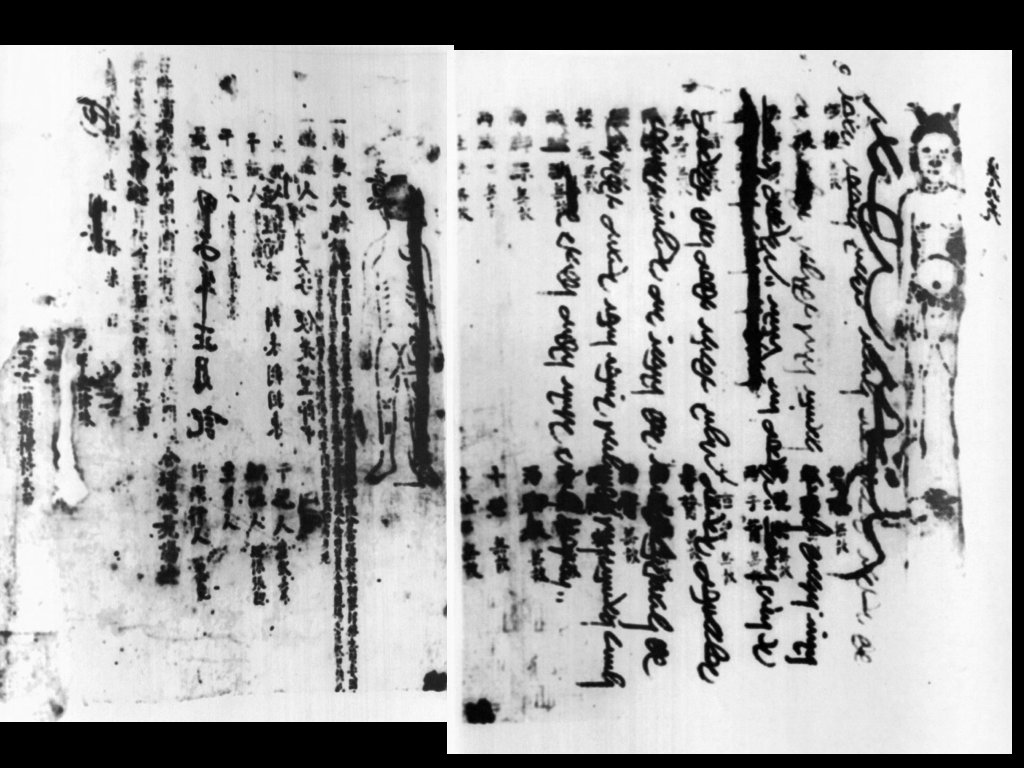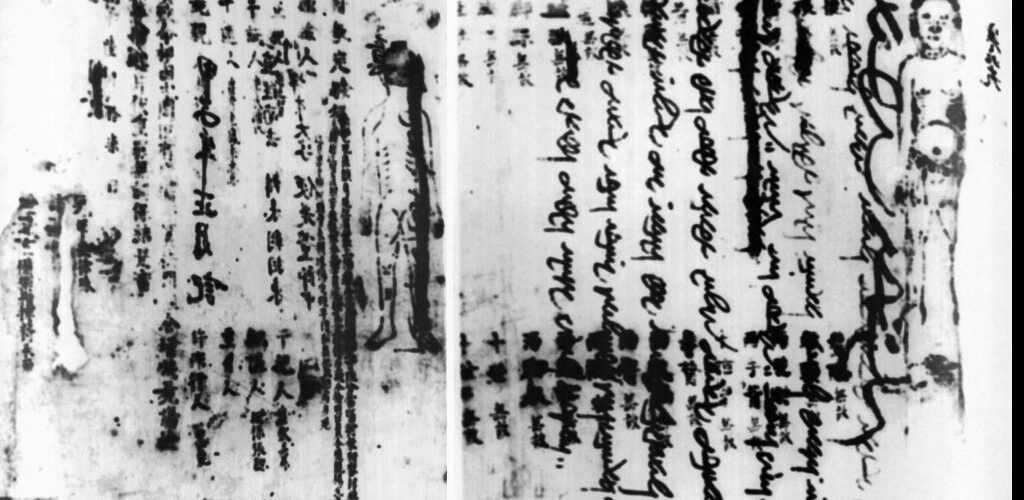In our new website feature, we are having Manchu Studies Group members introduce themselves, their research, and the role of Manchu in their work. If you are a member who would like to be featured, let us know at [email protected]. Our first featured member is our new Manchu Studies Group President, He Bian (邊和).

1. Please introduce yourself briefly to the members!
I am a historian of late imperial China and a historian of science, with a special focus on medicine. I graduated from Harvard University with a PhD in History of Science in 2014, and have taught at Princeton as Assistant Professor in History and East Asian Studies since then.
2. How did you get into Manchu? How did you learn it?
I took first-year Manchu class at Harvard in 2010-11 with Natalie Köhle, and then did another year of reading with Mark Elliott.
3. What role does Manchu play in your professional life?
I was fortunate to teach first-year Manchu at Harvard in 2012-13, earning a full TA stipend while doing cool Manchu and Qing history readings. Our crowning achievement was a Manchu poetry reading in the last session. After that, I taught a similar but faster-paced class at UC Berkeley in summer of 2018. This spring, I taught a new version of the famed Qing Docs seminar by incorporating Beginner Manchu and I thought it worked very well to drive home the point that knowing at least some Manchu really makes one see Qing history in a different light.
4. Have you encountered anything memorable in Manchu-language materials, or had a memorable experience as a result of Manchu?
One of my favorite moments was in 2014, the summer after graduation, when I opened a volume of the facsimile edition of the original Old Manchu Archive documents and saw a picture of a human body in it, along with a bilingual register of battle wounds for Manchu soldiers. I have since then tried to decipher what happened in those documents and published this work in the 2019 issue of Saksaha (https://quod.lib.umich.edu/s/saksaha/13401746.0016.001?view=text;rgn=main).

5. What future projects related to Manchu are you envisioning? Do you have any plans for collaboration?
I definitely want to continue working on early Manchu documentary culture and the genealogy of “archival (dangse)” practices, with an emphasis on material culture. I have also started a collaborative project with Mårten Söderblom Saarela on plant and animal names in Manchu dictionaries and other Qing natural history encyclopedias.
6. What is your favorite Manchu word? Why?
Sukdun – the swift sound of moving air that is really the material foundation of everything!
7. Is there anything else you’d like to say to the members?
As president, I have two primary goals for the Manchu Studies Group in the next few years: first, to promote the teaching of elementary Manchu in the U.S. in a flexible and accessible format, so that the material is no longer exclusive to students enrolled in a couple of institutions.
A second area where I’m especially committed to promoting is to help junior scholars get their work peer reviewed, published & recognized, by working closely with Pår and Mårten, editors of Saksaha. This could start right from an AAS panel proposal for next year’s meeting in Seattle! When we can safely convene in person again, I hope that the new research emerging right now will be featured in another Manchu Studies Conference in the same spirit as I last witnessed it in Ann Arbor in 2016.

